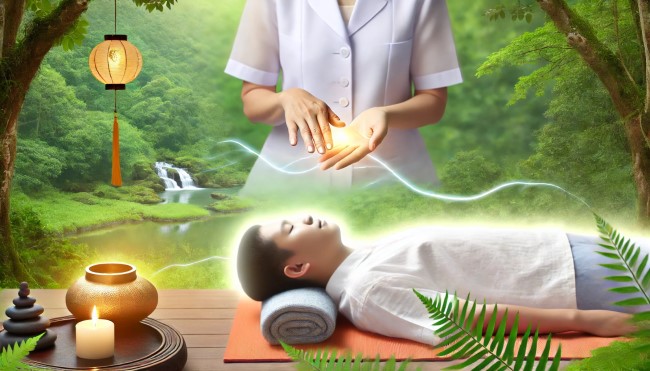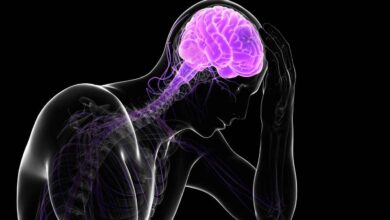The Global Rise of Reiki Therapy: From Japanese Origins to a Healing Phenomenon – How Did It Conquer the World?

Reiki therapy, a renowned form of energy healing, has made a significant mark on holistic wellness worldwide. Its transformation from humble origins in Japan to a globally embraced practice highlights its deep influence on modern health and well-being.
The Origins of Reiki Therapy
Reiki originated in early 20th-century Japan, developed by Mikao Usui, a Japanese Buddhist. Usui sought a healing method for both physical and emotional ailments through the channeling of energy. His research led him to ancient Tibetan teachings, which he believed held the key to unlocking the healing powers of energy.
Mikao Usui’s Path to Reiki
In the 1920s, Mikao Usui embarked on a spiritual quest to discover a system of energy healing. His studies of Buddhist and Shinto practices culminated in a 21-day meditation retreat on Japan’s sacred Mount Kurama. It was during this retreat that Usui reportedly experienced a spiritual awakening, leading to the birth of Reiki therapy.
Reiki’s Foundational Concepts
Usui’s discovery centered around “Reiki,” which translates to “universal life energy.” This energy flows through all living beings and is key to the healing process. The essential principles of Reiki therapy are:
- Rei: Spiritual or universal wisdom.
- Ki: The vital life force energy.
- Energy Healing: The belief that imbalances in energy can cause physical and emotional disturbances.
The Global Expansion of Reiki Therapy
For several decades, Reiki remained a localized practice in Japan. However, by the mid-20th century, its influence began spreading beyond Japan’s borders, largely thanks to a few dedicated individuals who introduced Reiki to the Western world.
Hawayo Takata: Reiki’s Introduction to the West
Hawayo Takata, a Japanese-American, played a crucial role in introducing Reiki to the West. Trained by Chujiro Hayashi, one of Usui’s disciples, Takata began teaching Reiki in Hawaii during the 1930s and later brought it to the mainland United States, where she helped expand its reach across Europe as well.
The Establishment of Reiki Organizations
As Reiki gained traction, practitioners in the U.S. and Europe founded official organizations and created training programs to formalize the practice. These organizations, established in the 1980s, helped standardize Reiki techniques and brought greater awareness to its benefits, significantly contributing to its global spread.
Reiki in the Modern World
Today, Reiki is recognized and practiced in numerous countries as part of holistic wellness programs. From hospitals to private practices, Reiki is widely used for its ability to support healing, reduce stress, and enhance well-being.
Reiki’s Role in Healthcare
Reiki has found its place in complementary and alternative medicine. Healthcare providers, including hospitals, now incorporate Reiki as part of patient care to promote relaxation and recovery, integrating it with traditional treatments to offer a more holistic approach to health.
Cultural Adaptation and Variation
As Reiki spread internationally, it adapted to fit different cultural practices. In some regions, Reiki is blended with other healing techniques, while in others, it is practiced in its traditional form. Despite these variations, Reiki’s fundamental focus on energy healing remains unchanged.
Reiki Therapy Today
The journey of Reiki therapy from its origins in Japan to its global prominence demonstrates its lasting effectiveness and appeal. As it continues to evolve, Reiki maintains its core principles while adapting to modern practices, offering a timeless approach to achieving balance and wellness.
FAQs
Where did Reiki therapy originate?
Reiki originated in early 20th-century Japan, developed by Mikao Usui through his study of Buddhist and Shinto healing methods.
How did Reiki spread worldwide?
Reiki spread globally thanks to figures like Hawayo Takata, who introduced it to the West, and the establishment of Reiki organizations that formalized the practice.
How is Reiki integrated into modern healthcare?
Reiki is used as a complementary therapy in hospitals and wellness centers to support stress relief and healing, working alongside conventional medical treatments.



